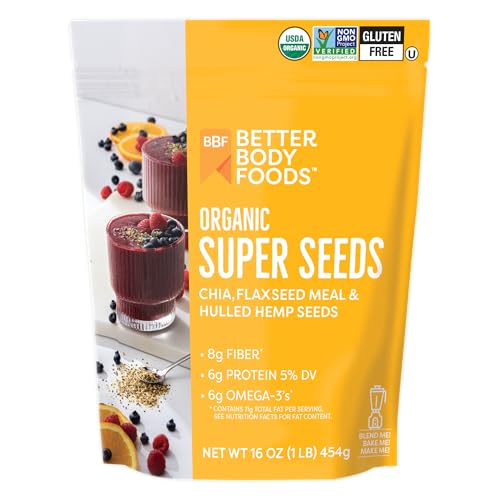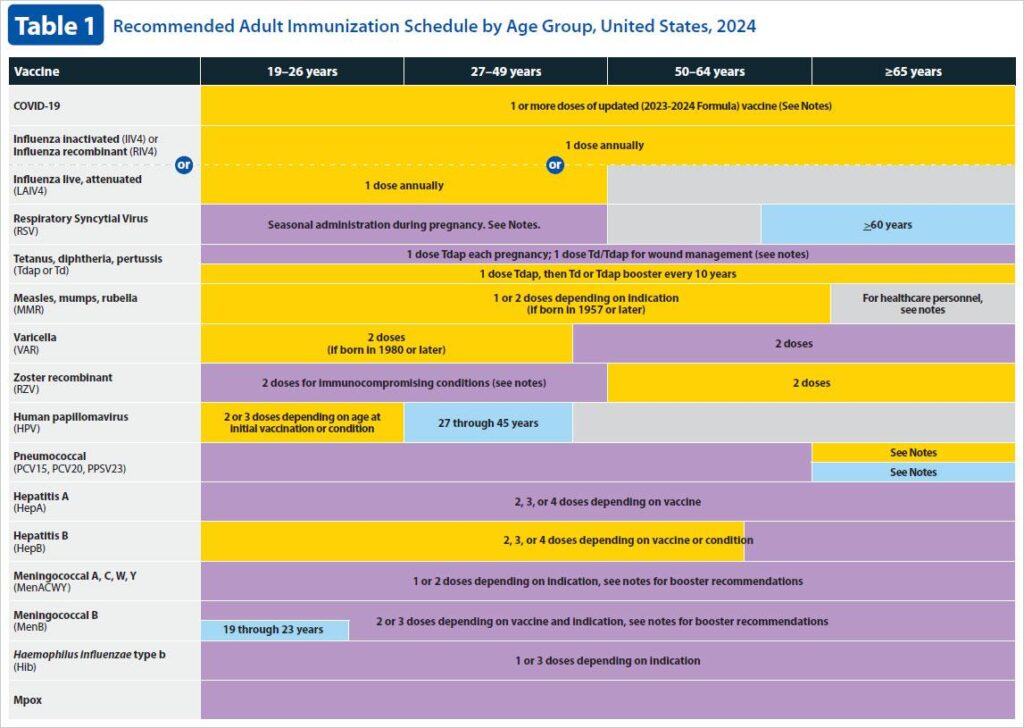In recent years, the spotlight on vaccinations has predominantly shone on childhood immunizations, highlighting their importance in preventing infectious diseases. However, the conversation surrounding adult vaccinations is equally critical yet often overlooked. As we transition into adulthood, our immune systems encounter new challenges, such as evolving pathogens and lifestyle changes, making vaccinations essential for maintaining long-term health. This article aims too unravel the often underestimated role of vaccines in adult health, exploring how they serve as a vital tool in disease prevention, enhance overall well-being, and ultimately contribute to a healthier society. Join us as we delve into the vital conversations about adult vaccination,its benefits,and how we can take proactive steps to safeguard our health as we age.
Table of Contents
- Understanding Vaccine Benefits for Adult Health
- Recommended vaccinations for Different Life Stages
- Addressing Common Misconceptions about Adult Vaccination
- Creating a Personalized Vaccination Schedule for Optimal Health
- Final Thoughts
Understanding Vaccine Benefits for Adult Health
The impact of vaccinations on adult health cannot be overstated. These essential medical interventions not only protect individuals from potentially life-threatening diseases but also play a pivotal role in community immunity. By ensuring that a meaningful portion of the population is vaccinated, we decrease the likelihood of outbreaks, ultimately safeguarding those who are unable to receive vaccines due to medical reasons. The benefits are far-reaching, including:
- Prevention of disease: Vaccines significantly lower the risk of contracting infections like influenza, pneumonia, and hepatitis.
- Long-Term Health Benefits: Some vaccines, such as those for HPV and hepatitis B, can prevent cancers associated with these infections.
- Cost-Effectiveness: Vaccination reduces healthcare costs associated with treating diseases that coudl have been prevented.
Moreover, staying updated with vaccinations can enhance overall well-being and productivity.Many vaccines are designed to protect against diseases that can lead to chronic health issues or complications, which is particularly important as one ages. Adult vaccinations also contribute to a healthier workforce,minimizing absenteeism due to illness. Consider these additional advantages:
- Improved Quality of Life: By preventing diseases, vaccines allow adults to maintain a higher quality of life.
- Travel Safety: For those traveling abroad, certain vaccines can safeguard against regional diseases.
- Protection of Vulnerable Populations: Immunized adults help protect infants and elderly individuals who may be more susceptible to severe health outcomes.
Recommended Vaccinations for Different Life Stages
Understanding the appropriate vaccinations at different life stages is essential for maintaining optimal health as you transition through adulthood. In early adulthood, particularly for those under 30, it is advisable to receive the Tdap (tetanus, diphtheria, and pertussis) vaccine if you haven’t already, along with the HPV (human papillomavirus) vaccine, which is crucial for preventing certain types of cancer. Additionally, the annual flu shot should be part of your routine, keeping you protected during flu season.
As you move into your 30s and beyond, the focus of vaccinations shifts slightly. Regular booster shots for tetanus and diphtheria are critically important, typically every 10 years.The shingles vaccine is recommended for those over 50 to guard against the painful rash that can occur later in life.For individuals aged 65 and older,the pneumococcal vaccine is vital for protecting against pneumonia and related illnesses.Emphasizing these critical vaccinations can significantly enhance your health trajectory as you navigate the complexities of adulthood.
Addressing Common Misconceptions about Adult Vaccination
Many individuals believe that vaccinations are only necessary during childhood, leading to the misconception that their immunity remains indefinitely strong. However, immunity can wane over time, making adult vaccinations essential. Vaccines are designed to boost or restore protection against diseases, and certain vaccines, such as the flu shot or Tdap booster, are recommended regularly to maintain high immunity levels. Additionally, some adults may not realize that they are at risk for various diseases due to lifestyle, occupation, or travel, reinforcing the need for timely vaccinations.
Another prevalent myth is that vaccines can cause the diseases they are intended to prevent. In reality, most vaccines use either inactivated or weakened components of the virus or bacterium, meaning they cannot cause the illness. Side effects from vaccines are typically mild and temporary, such as soreness at the injection site or low-grade fever. Understanding these points can definitely help alleviate apprehensions, encouraging more adults to embrace vaccinations as a beneficial component of their overall health strategy.
Creating a Personalized Vaccination Schedule for Optimal Health
Every individual’s health journey is unique, making a tailored vaccination schedule essential for maintaining optimal wellness. Start by assessing your current health status, including any underlying conditions, allergies, and previous vaccination history. This personalized evaluation can definitely help you prioritize the vaccines that will have the most significant impact. Consider these factors when creating your schedule:
- Age: Different age groups require specific vaccinations.
- Occupation: Certain jobs may expose you to specific health risks.
- Travel Plans: International travel can necessitate additional vaccines.
- Medical History: Prior illnesses or conditions can affect vaccine recommendations.
Once you have the relevant data, collaborate with a healthcare professional to formulate a thorough vaccination plan. This plan should outline not only the vaccines needed and their timing but also any necessary boosters or follow-up appointments. Regularly reviewing and updating this schedule is crucial, as new vaccines may become available, and health guidelines can evolve. Keep in mind:
- Consistency is Key: Stick to your schedule for maximum effectiveness.
- Stay Informed: Researching new developments can ensure you’re aware of all necessary vaccines.
- Document Your Progress: Maintain a record of your vaccinations to share with healthcare providers.
Final Thoughts
the pivotal role of vaccinations in adult health cannot be overstated. As we navigate through various life stages, staying updated on immunizations not only shields ourselves from preventable diseases but also contributes to the overall well-being of our communities. Embracing the science behind vaccinations empowers us to make informed health choices and encourages others to do the same.
As you consider your health plans, remember that vaccines are a vital piece of the puzzle.So, take a moment to consult with your healthcare provider, review your vaccination history, and ensure you’re protected. By prioritizing vaccinations, you are not just investing in your health, but also in a healthier future for everyone. let’s inspire change together—because when it comes to our health, a proactive approach is always the best defense. Stay informed, stay vaccinated, and stay healthy!







